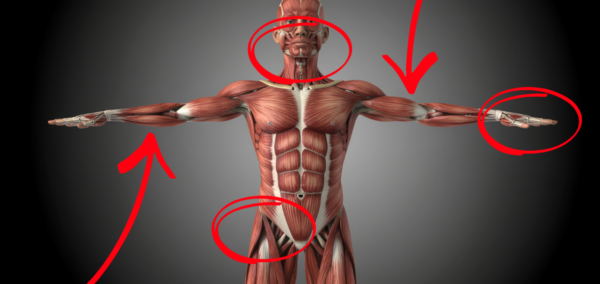
A History of Art student’s guide to a term abroad in Venice
Beautiful architecture, easy travel and maybe some sinking
Warwick is the only university in the UK to offer a term abroad in Venice as part of its History of Art program. As a second-year History of Art student who’s just arrived back home from my autumn term there, here are my unfiltered thoughts and opinions, on seven things I wish I had known before going to study abroad in Venice.
Flooding in a sinking city
The first thing to address is the big question everyone asks when you tell them you’re going to Venice: “Isn’t Venice sinking?” Yes, it is, but not as drastically as you probably imagine. Before we left, our lecturers said that we should bring wellies for when Venice floods. Not only did the wellies make my suitcase aggressively overweight in the airport (my bank account said ouch) but I only actually wore them a few times. The city flooded like three times in my ten-week stay and in easily avoidable areas, like St Mark’s Square. Also, there are people selling shoe covers that you can buy if you desperately need to go through those specific areas.

Walking everywhere
Most Read
The next thing to understand about Venice is just how small it is. You can walk from one side to the other in under an hour and although there are regular water buses, they take roughly the same amount of time as walking. The numerous canals have many small bridges you can crossover but only two of the bridges go over the Grand Canal. So if you need to get from one side of Venice to the other, crossing these bridges is a workout (say goodbye to the stairmaster – you won’t need it). Whilst Venice’s small size allows you to find your bearings quickly, this also has a drawback directly related to my next point.

Nightlife
Venice is a small city that prioritises quietness and because of this it lacks clubs – there are none. If you’re someone who prefers bars more, Campo Santa Margherita in the student district is the place you should go. But if you enjoy clubbing then you will need to travel to the mainland (most likely Mestre), which is like 30 minutes on the water bus. You could start pre-drinking on the water bus there but then again that sounds like a recipe for disaster.

Travelling and reading week
One of the highlights of my study abroad was my reading week trip that I took with a small group of girls from my course. Italy has such a good transport system that is so easy to use and is cleaner compared to England. From Venice, you can reach Milan, Florence, Padua, and Verona in under two hours. During my trip, we stayed in hostels and managed to cram Milan, Lake Como, Florence, Pisa and Rome all into seven days. It was full-on and included a LOT of walking but one of my absolute favourite weeks and a must if you can.

What to pack
On a more practical side, when deciding what to bring, my advice might not put you at ease. The term abroad being in the autumn term, means that you experience almost every type of weather. At the tail end of the summer in October, we took a 30-minute water taxi to the Lido (a residential part of Venice) and went swimming in the sea in bikinis. But then towards the end of term, we were covered up by gloves, scarves and long winter coats. So either pack for anything or maybe leave space in your suitcase to pack the winter clothes you will buy when it gets cold.

Funding
A major factor that I wish someone had clued me in on before coming to Venice is the Turing Scheme funding that everyone is eligible for. We all applied for it and got £837 during our last week there, which was a welcomed surprise. Even though it arrived once our study abroad was over it’s a good thing to be aware of because it can help cover many of your costs and experiences.
Visa policy
Something that may affect your decision on whether to do the Venice term is the 90-day policy. If you are from the UK and therefore not a part of the EU anymore, you can only stay in EU countries for 90 days within a rolling 180-day period. With a 10-week term, 70 of those days are taken up and is something to consider if you plan to travel shortly before or after Venice. There’s so much information about this online that can explain it better than I can, including details on visas you can apply for etc. But it is something just worth being aware of.

This has been one of the best experiences of my life so far and I made the best memories with a great group of people. I would 100 per cent recommend taking this opportunity if provided with it. In the space of 10 weeks, it has gone by in such a flash but made us all savour it as much as we could.
Related stories recommended by this writer:
• Eight things on my year abroad in Europe that completely threw me off guard
• A student insider guide to being a northerner at Warwick Uni
• Autumn at Warwick: How to spend your spooky season in the West Midlands



















